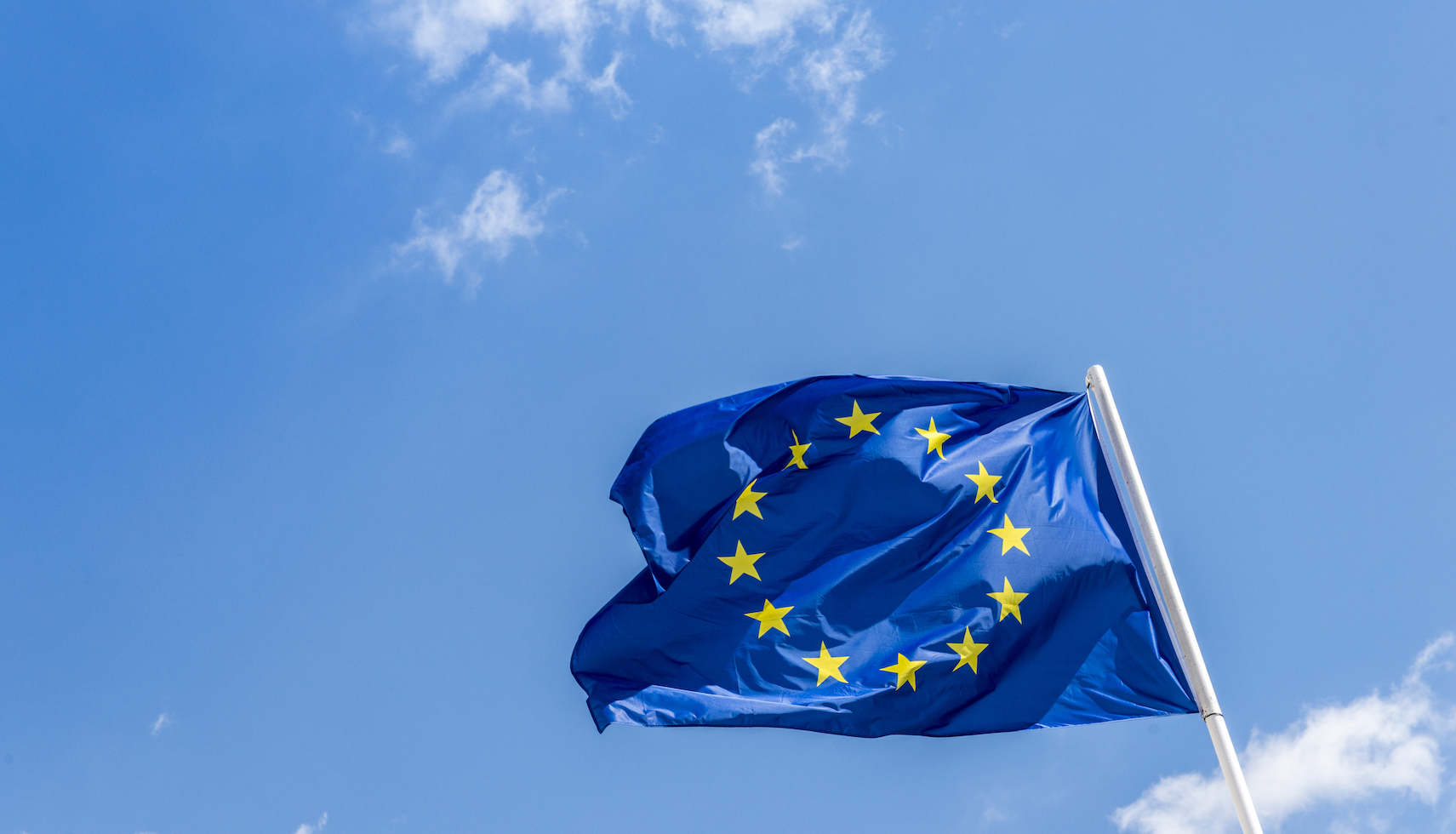The United Kingdom’s departure from the European Union has allowed the bloc to “strengthen internally”, an EU Commissioner has said.
Speaking on “Tonight with Andrew Marr” on LBC, Mairead McGuiness claimed EU member states were given the opportunity to “renew their vows” in the aftermath of the Brexit vote. Ms McGuiness also highlighted the joint roles of the Covid pandemic and Vladimir Putin’s invasion of Ukraine in bringing the EU together in the aftermath of the UK’s secession from the grouping.
She said: “We’ve had some change, nothing will be the same after Brexit, but I suppose Brexit was seven years ago and we’ve only recently concluded various agreements.
“If you look at it from an EU point of view, Europe didn’t disintegrate either. What was interesting was we took the opportunity to renew our vows, we strengthened internally because there were other pressures like Covid, the pandemic, the Russian invasion of Ukraine.


Asked to comment on the state of UK-EU relations seven years on from the referendum, Ms McGuiness said: “So I think none of us would like to see the other weaker. Or at least that is my perspective on this. Of course, a strong UK is important for a strong European Union.
“Maybe all of the talk after the referendum was part of a divorce settlement where we … had lots of harsh words for each other, it took a while to reach an agreement but we have delivered now.
“And I think what’s really good for me being in London today and tomorrow is the Windsor Framework agreed between your Prime Minister and the President of the European Commission has really resolved the last difficulties in the relationship and allows us to move forward”.
Ms McGuiness highlighted that the political atmosphere has shifted between Britain and the EU since Rishi Sunak became prime minister.
It follows the negotiation of the post-Brexit Windsor Framework deal with European Commission President Ursula von der Leyen, which sought to amend the Northern Ireland Protocol as it relates to trade between Northern Ireland and mainland Britain.
Under Boris Johnson’s premiership the government had moved forward with the Northern Ireland Protocol bill, which would have unilaterally disapplied parts of the protocol’s operation. Brussels had begun the process of taking retaliatory legal action against the legislation and the episode was viewed as indicative of deep ill-feeling between the EU and the UK.
The Northern Ireland protocol bill was scrapped in the wake of the passage of the Windsor Framework.
On this, Ms McGuiness explained: “I think what that shows is if there’s a political will, and there’s trust between parties, we can solve almost anything. And I think that has happened.
“I think there was also an understanding that what was happening in Northern Ireland was particular and it needed to be addressed in a sensitive way given the different views that were there.
“This is all very positive and it’s good that in 2023 given that it’s seven years ago that the referendum happened. … I think our relationship is in a much better place.
“We needed that. Interesting too that it’s on the back of realising that the UK and Europe work really well together on sanctions against Russia.
“So, I think we’ve seen the value of working together and I think that has to continue for the future”.

